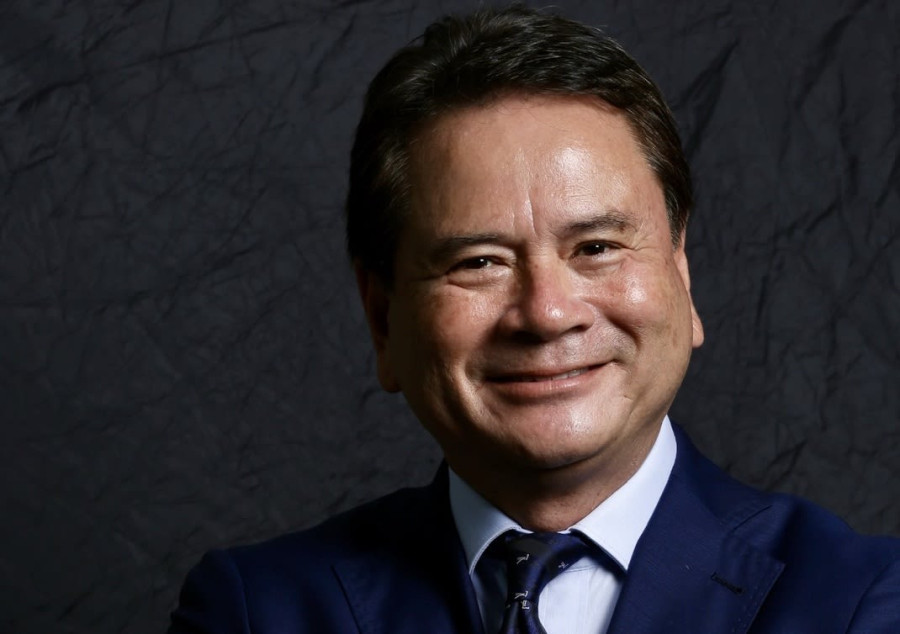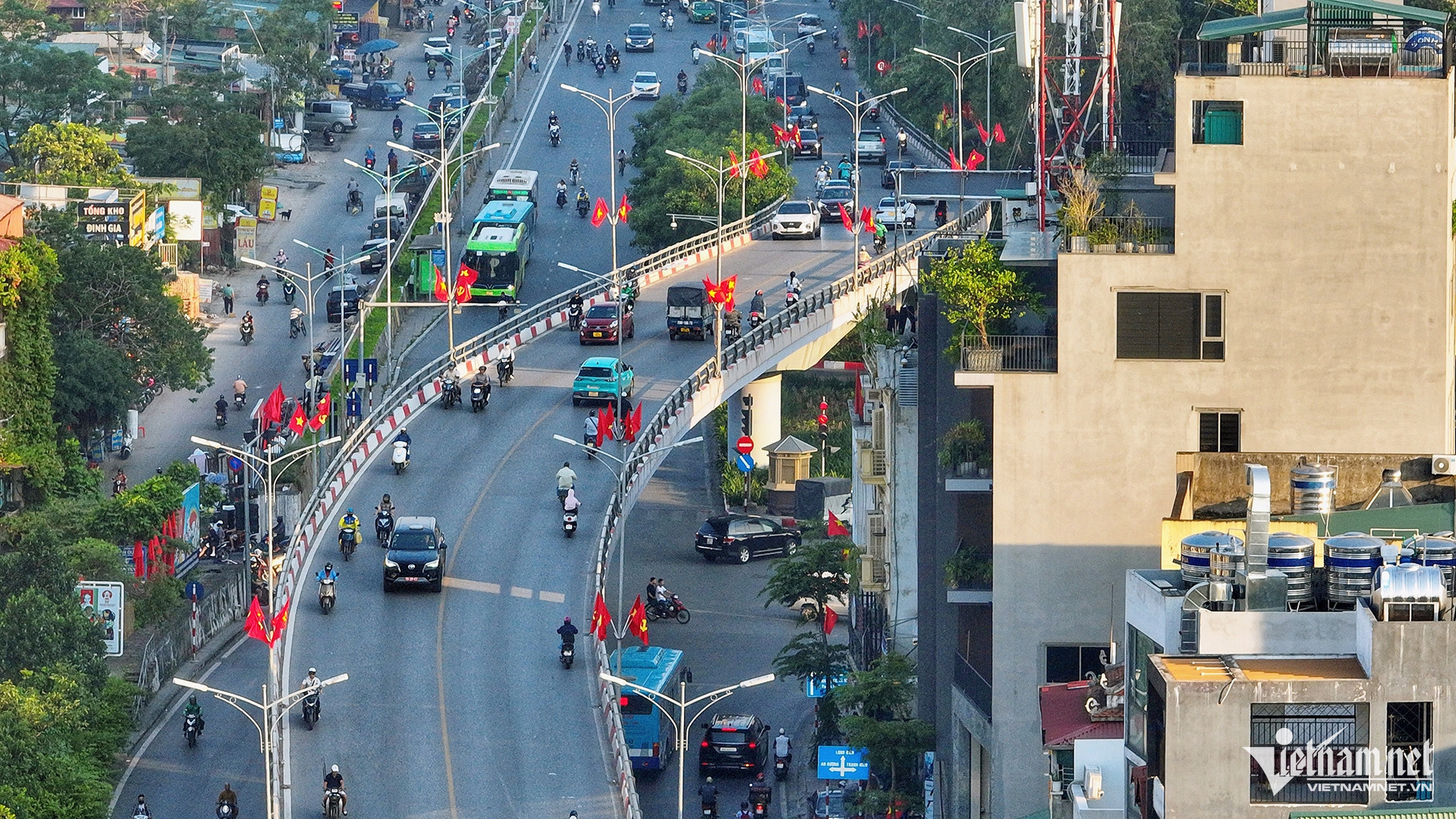
VietNamNet talked with Tran Si Chuong, a respected economist, who has spent three decades studying the private economic sector and the entrepreneurial spirit in Vietnam.
What are your comments about the development of Vietnam’s private sector over many years?
When I first returned to Vietnam in 1997, I worked with American Professor James Riedel of Johns Hopkins University to research and write the first report about Vietnam’s private sector for the World Bank.
One of the goals of the research was finding out if Vietnamese had the ‘entrepreneurial spirit’.
We conducted surveys in many localities and discovered many unusual things just after two weeks. We found out that Vietnamese had discussed how to do business and make money everywhere.
One day, we took a ferry boat to Can Tho. A member of our team, a foreigner, wanted cold beer. However, the boat left while the seller – a girl – was away to get ice. However, when the ferry boat docked at the station, we saw the girl, somehow, bringing beer. The foreign researcher then commented that with people’s readiness to do business, the country will develop strongly in the future.
Twenty years ago, I helped many young entrepreneurs start a business. Most of them started with empty hands. The ‘richest’ among them just had hundreds of million of dong as capital and used the money to import materials for local production. Meanwhile, nowadays, many businesspeople have the assets of tens of million of dollars.
There are businesswomen, aged 60, who are now tycoons in their fields – pharmacy, textile and garment, for example. Previously, those people had to drive bikes to the deep forests and remote areas to sell every shirt and tablet of medicine, which is unimaginable to the youth nowadays.
The entrepreneurial spirit of the Vietnamese people has developed very strongly, which explains the considerable growth of the private sector. However, it should have developed even more strongly.
Recent surveys found a decline in the entrepreneurial spirit of Vietnamese businesses. A VCCI (Vietnam Chamber of Commerce and Industry) survey, for example, found that only 27 percent of enterprises said they would scale up production and business in 2024 and 2025, a figure which is lower than that in 2012-2013. Do you see this in reality?
Businesspeople are the most perceptive people. They can see risks and respond to them.
It is true that the situation has become more difficult in recent years. In the world, many economic and political axes have been shaking, such as the Russia-Ukraine war and conflict in the Middle East. Global value chains have been disrupted, globalization has fractured, and inflation is high and so are interest rates.

Vietnamese businesses always bear very high interest rates and face barriers in doing business. Besides the difficulties caused by the Covid-19 pandemic, the stagnation of the apparatus is also a reason. But Vietnamese businesspeople still have been absorbed in doing business. It is undeniable that Vietnam’s businesses have an extraordinary resilience.
The total assets of the 12 largest Vietnamese private economic groups are estimated at $70 billion. What do you think about this figure?
$70 billion is just equal to the assets of one foreign corporation. Elon Musk’s private assets alone double Vietnam’s GDP. So, you can see, Vietnam’s private enterprises are still ‘poor’ compared with the world.
However, I think Vietnam now has about 20 dollar billionaires, including hidden billionaires. Having billions or millions of dollars is normal nowadays. The era of digital economy can produce financial billionaires and they can get rich overnight.
However, what we need to think about is whether the country is powerful if many people can get rich quickly.
Accessing land is a very difficult thing for enterprises, especially when the new Land Law has been enacted. What do you say about this?
To clear land for project development, investors need to prove that, if people move to other places to settle down, the places must have the same value or even more valuable.
The state needs to restrict the use of the state budget and try to mobilize capital from the private sector. It is a pity that though we have the Law on PPP (private public partnership), private investors still don’t find it attractive enough. This is a problem.
... To be continued
Tu Giang - Lan Anh